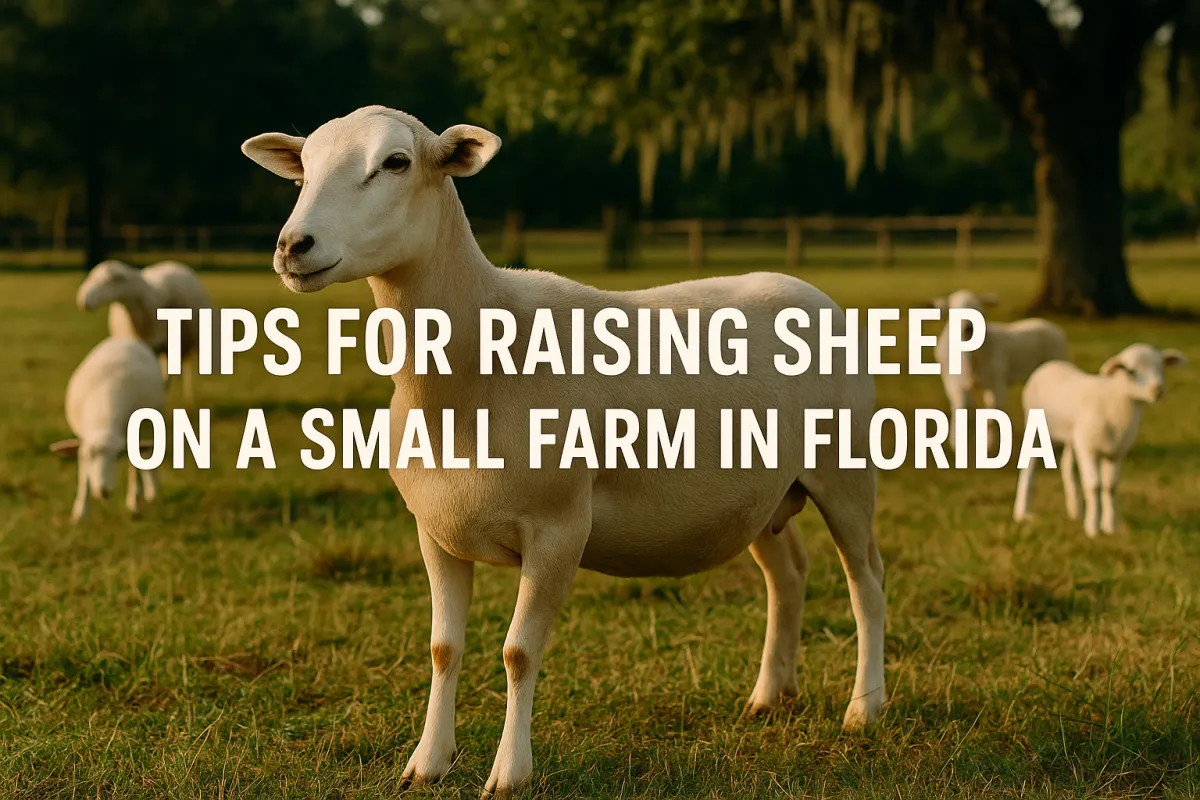
Tips For Raising Sheep In Florida
Tips for Raising Sheep on a Small Farm in Florida
Raising sheep in Florida can be both rewarding and challenging. The state’s warm, humid climate, unique vegetation, and seasonal weather patterns require a slightly different approach than in cooler regions. Here are a few key tips for success:
1. Choose Heat-Tolerant Breeds
Not all sheep handle Florida’s climate well. Hair sheep breeds like Katahdin and Dorper thrive here because they shed naturally, tolerate heat and humidity, and are less prone to parasites compared to wool breeds.
2. Focus on Pasture Management
Good forage is the foundation of healthy sheep. Florida’s grass grows quickly during the rainy season but can become sparse in winter. Rotate pastures to prevent overgrazing, and supplement with hay or grain when grass is limited. Planting Bahia, Bermuda, or ryegrass can provide year-round feed options.
3. Stay Ahead of Parasites
Internal parasites (especially barber pole worm) are one of the biggest health challenges for sheep in Florida. Practice rotational grazing, keep pastures clipped, and monitor with regular fecal tests. Use dewormers only when needed to avoid resistance.
4. Provide Shade and Shelter
Florida summers are hot. Shade trees, portable shelters, or barns with good airflow help keep sheep comfortable. During hurricane season, have a plan to secure animals in safe pens or moveable shelters.
5. Keep Fresh Water Available
Sheep require plenty of clean water, especially in Florida’s heat. Automatic waterers or troughs should be cleaned frequently to prevent algae buildup.
6. Plan for Predators
Coyotes, stray dogs, and even bobcats can threaten small flocks. Good fencing—like woven wire or electric netting—plus livestock guardian dogs or donkeys, can help protect your sheep.
7. Recordkeeping and Health Checks
Track each sheep’s age, breeding cycle, and medical history. Watch daily for signs of illness such as limping, isolation from the flock, or loss of appetite. Quick action prevents small problems from becoming big ones.
Final Words of Advice:
Raising sheep on a small Florida farm takes planning and care, but it’s a highly rewarding way to build a sustainable, family-friendly agricultural lifestyle. With the right breed, good pasture management, and attention to health, your flock can thrive year-round.
